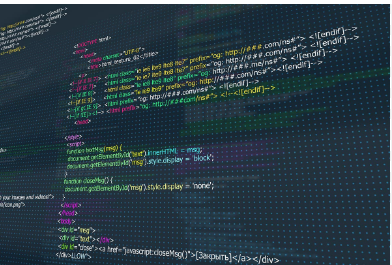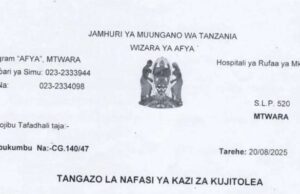Becoming a programmer involves learning programming languages, gaining practical experience, and developing problem-solving skills. Here’s a step-by-step guide to get started:
1. **Understand the Basics**
– **Computer Fundamentals:** Learn about computer systems, how they work, and basic terminologies.
– **Algorithms and Data Structures:** These are fundamental to solving programming problems efficiently.
2. **Choose a Programming Language**
– **Beginner-Friendly Languages:** Python, JavaScript, Ruby
– **Popular Languages for Specific Fields:**
– Web Development: JavaScript, HTML/CSS
– Mobile Development: Swift (iOS), Kotlin/Java (Android)
– Game Development: C#, C++
– Data Science: Python, R
3. **Learn Through Online Resources**
– **Online Courses:** Platforms like Coursera, Udemy, edX, and Khan Academy offer structured courses.
– **Interactive Coding Websites:** Codecademy, freeCodeCamp, and LeetCode provide hands-on practice.
– **Books:** “Automate the Boring Stuff with Python” by Al Sweigart, “You Don’t Know JS” by Kyle Simpson, etc.
4. **Practice Regularly**
– **Coding Challenges:** Websites like HackerRank, Codewars, and Project Euler offer challenges to improve your skills.
– **Build Projects:** Start with simple projects and gradually move to more complex ones. Examples include creating a personal website, building a to-do list app, or developing a small game.
5. **Join a Community**
– **Online Forums:** Stack Overflow, Reddit (subreddits like r/learnprogramming), and programming Discord servers.
– **Local Meetups:** Join local coding meetups, hackathons, and coding bootcamps to network and learn from others.
6. **Work on Open Source Projects**
– Contributing to open-source projects on platforms like GitHub can provide real-world experience and help you learn from more experienced developers.
7. **Stay Updated**
– **Follow Tech News:** Websites like Hacker News, TechCrunch, and programming blogs.
– **Subscribe to Newsletters:** Stay updated with the latest trends and technologies in programming.
8. **Seek Feedback and Improve**
– **Code Reviews:** Participate in code reviews to get feedback on your code.
– **Mentorship:** Find a mentor who can guide you through your learning process.
9. **Apply for Internships or Junior Positions**
– **Internships:** Apply for internships to gain real-world experience.
– **Freelancing:** Take up small freelance projects to build your portfolio.
10. **Never Stop Learning**
– **Advanced Topics:** Once you’re comfortable with the basics, explore advanced topics like system design, machine learning, cloud computing, etc.
– **Continuous Learning:** Technology is always evolving, so continuously update your skills.
By following these steps and staying committed to learning, you’ll be well on your way to becoming a proficient programmer.
















